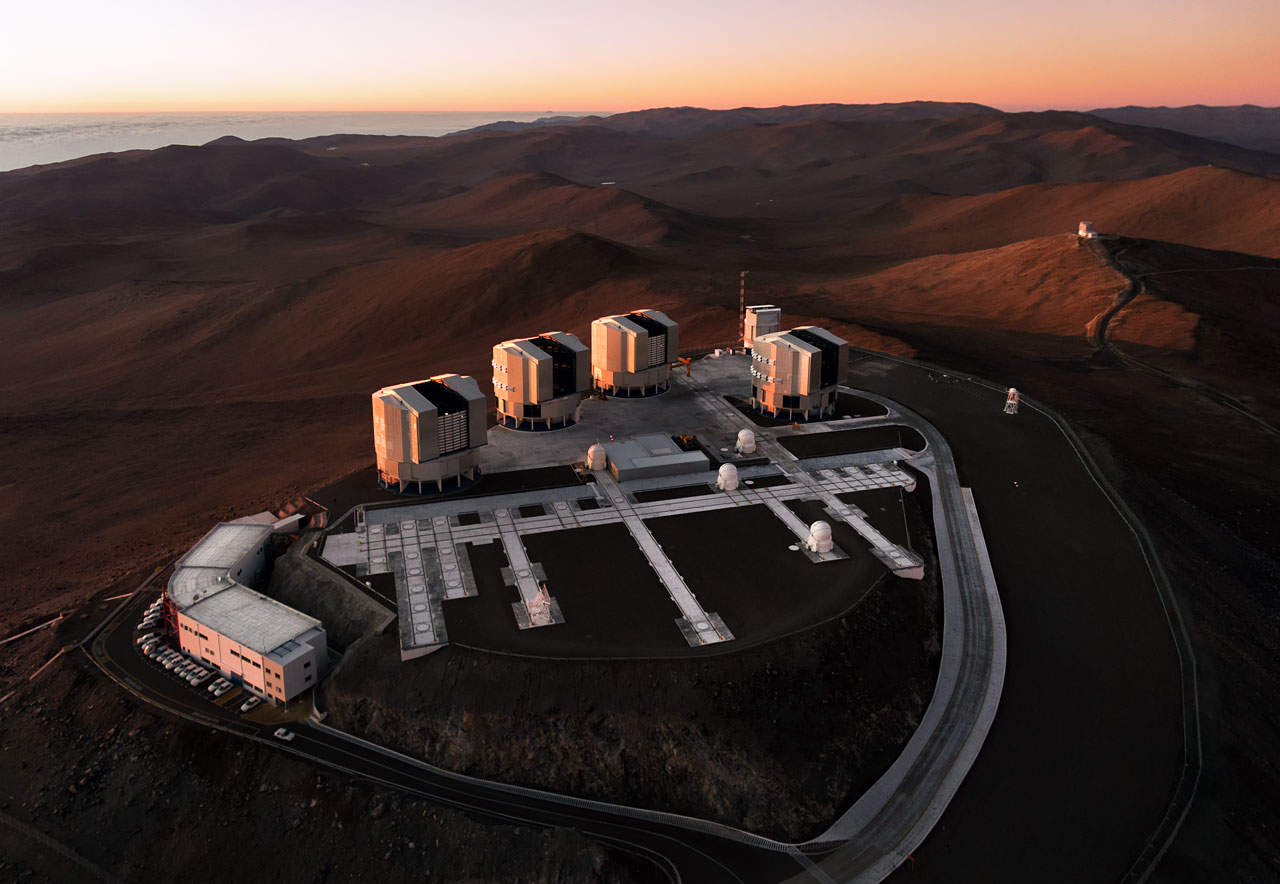Virgin Galactic completes third commercial SpaceShipTwo flight
WASHINGTON — Operating under a veil of secrecy reminiscent of a national security launch, Virgin Galactic performed its third commercial suborbital spaceflight Sept. 8 with three private astronauts on board.
The company’s VSS Unity spaceplane, attached to its VMS Eve mothership aircraft, took off from Spaceport America in New Mexico at 10:34 a.m. Eastern. Unity separated from the aircraft and reached a peak altitude of 88.6 kilometers before gliding back to a runway landing at the spaceport at 11:36 a.m. Eastern.
The “Galactic 03” flight was the third commercial mission for Unity, after the Galactic 01 research mission June 29 and the Galactic 02 private astronaut flight Aug. 10. It was also the fourth suborbital flight for Unity in a little more than three months, when including a test flight in late May.
Galactic 03 was commanded by Nicola Pecile with Michael Masucci as pilot and Beth Moses, the company’s chief astronaut instructor, in the cabin. As with the company’s Galactic 02 flight, the vehicle also carried three private astronauts.
However, unlike the previous two flights, the company did not disclose the identity of the private astronauts until after Unity landed. Traditionally, both government and private crewed missions, suborbital and orbital, flown from the U.S. have publicly named the full crews before launch, often weeks or months in advance. Virgin Galactic did not explain the secrecy surrounding the crew.
The company did identify the private astronauts after landing as Ken Baxter, Timothy Nash and Adrian Reynard. Baxter is a Las Vegas real estate entrepreneur who claims to have purchased the first SpaceShipTwo ticket from Virgin Galactic founder Richard Branson in 2004. Nash is an entrepreneur and adventurer from South Africa who purchased his ticket in 2006. Reynard is a British engineer who started a business a half-century ago building race cars.
While the company did not identify the customers on board until after the flight, some of them has been talking about the flight in advance. Baxter, for example, has a website where he provided updates about his flight preparations. That website also describes him as “America’s First Space Tourist,” a designation usually assigned to Dennis Tito, who paid for a seat on a Soyuz flight to the International Space Station 22 years ago.
Also unlike the two previous flights, Virgin Galactic did not provide a webcast of the Galactic 03 mission. Instead, it provided updates via social media, as it did on the May test flight.
“It’s an honor to see our ‘Galactic 03’ crew realize their lifelong dreams of spaceflight as they inspire our manifest of Future Astronauts,” said Michael Colglazier, chief executive of Virgin Galactic, using the company’s term for its customers. “Each successful flight shows how powerful and personally transformative space travel can be, and we look forward to scaling our operations and making space travel more accessible to people around the world.”
The company said its next flight, Galactic 04, is planned for early October, continuing a monthly cadence of missions.
Shares in Virgin Galactic closed down 2.1% in trading Sept. 8 at $2.29.




